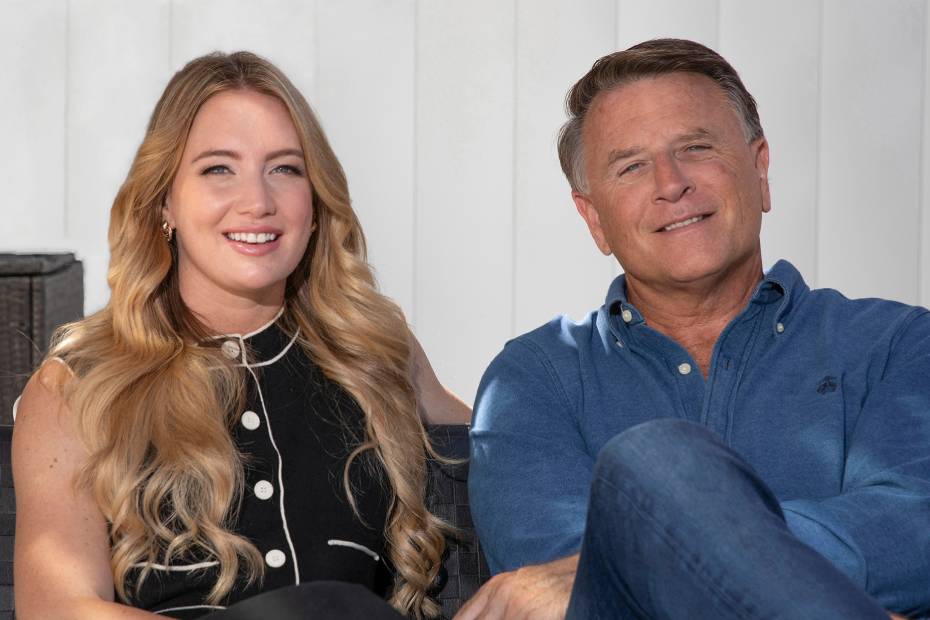Published April 21, 2017 • 5 Min Read
“What do you mean you want to retire in Florida? I don’t want to move!”
The fact is, this natural alignment of retirement vision isn’t always the case, and many couples find themselves faced with unexpected differences of opinion and some ensuing uncertainty on what they should be doing next. One of the best planning tactics you can do when it comes to retirement is to have a series of conversations with your spouse about what you each expect in the years ahead – so that you can be on the same page when it comes time to retire.Start with the 5 “W”s
So how do you start talking about retirement (and make sure it’s a constructive and thorough discussion where you both keep an open mind and support and respect each other’s opinions)? One way to do it is to have a structured chat and follow the classic 5 “W”s – who, what, where, when and why. Here’s how you can use the 5 W’s to start your retirement conversation, and avoid surprises the day after you leave work.1. Who
It’s a good idea to start with “who.” As in, who will retire first? While you might have been thinking that you will both be retiring at the same time, this might not be practical for a few reasons. If one of you is older than the other, it might be better for that person to retire ahead of time. At the same time, if one of you has a flexible work arrangement, you might be able to enjoy some of the benefits of retirement while maintaining a paycheque. Or, if you just want some extra cash to finance retirement, staggering your retirement may make good sense.2. What
You might want to travel, while your spouse really just wants to stay put after a career of business trips. That’s not something you want to discover after you’ve both retired, as it has some pretty hefty lifestyle and budget implications. Have the conversation now to plan how you’ll fill your time. And if you’re not aligned at the moment, talk through your goals and priorities and figure out how you might be able to accomplish what’s most important to each of you. Keep in mind, there are many hours in the day to fill. And while you might have some bigger picture retirement goals, you might not have considered what your day-to-day life will be like. It’s a good idea to discuss your daily retirement routine as well as your greater ambitions (such as travel, a business, a move) well before you bring your box of desk contents home.3. Where
Will you stay in your current home? Will you downsize? Are you interested in moving closer to family or closer to the sun? Is a second home something you want to explore, so you can split your time between the two? Now is the time to talk about where you plan to live in your retirement, and do the math to make sure you can achieve your vision.4. When
When will you retire? You may have one target date in mind, while your spouse has another. Having a sense of when you will retire will help to kick-start your planning. At the same time, make sure you have a plan B should retirement come sooner than you expect. According to an Angus Reid survey* 48% of respondents retired earlier than expected due to circumstances out of their control, so make sure you and your spouse can be flexible and ready for the unexpected.5. Why
Why are you answering all of these questions the way you are? Have you put a great deal of thought into your retirement at this point, or are these just off-the-top-of-your-head responses? Think about why you want to do certain things in retirement, and carefully assess if this is really what you want to do. Remember, you don’t have to live your grandparents’ retirement – the world is open to you and you have so many options for how you live the next 30 years or more.
Planning your retirement will require a number of conversations – with your spouse, your financial advisor, your family and your employer. Staying ahead of the game by ironing out as many details as early as possible will help you create a smooth transition into retirement. And when you and your spouse are on the same page right from the start, you’ll be in a great position to make the most of the exciting years ahead.
*Angus Reid performed a survey of 2,000 Canadians January 15-19, 2015 and February 2-4, 2015 (http://angusreid.org/retirement-in-canada/)This article is intended as general information only and is not to be relied upon as constituting legal, financial or other professional advice. A professional advisor should be consulted regarding your specific situation. Information presented is believed to be factual and up-to-date but we do not guarantee its accuracy and it should not be regarded as a complete analysis of the subjects discussed. All expressions of opinion reflect the judgment of the authors as of the date of publication and are subject to change. No endorsement of any third parties or their advice, opinions, information, products or services is expressly given or implied by Royal Bank of Canada or any of its affiliates.
Share This Article






